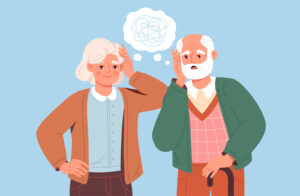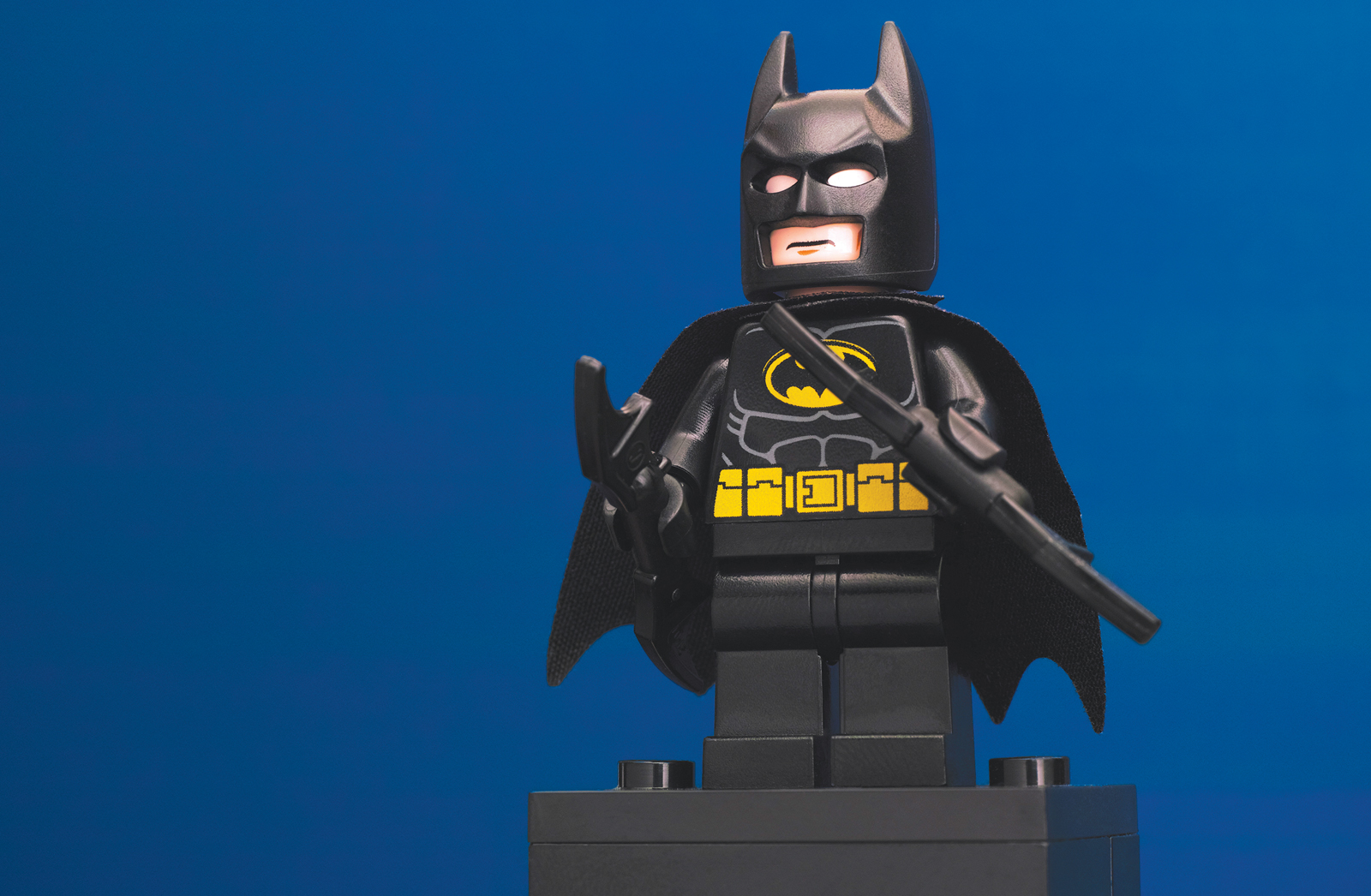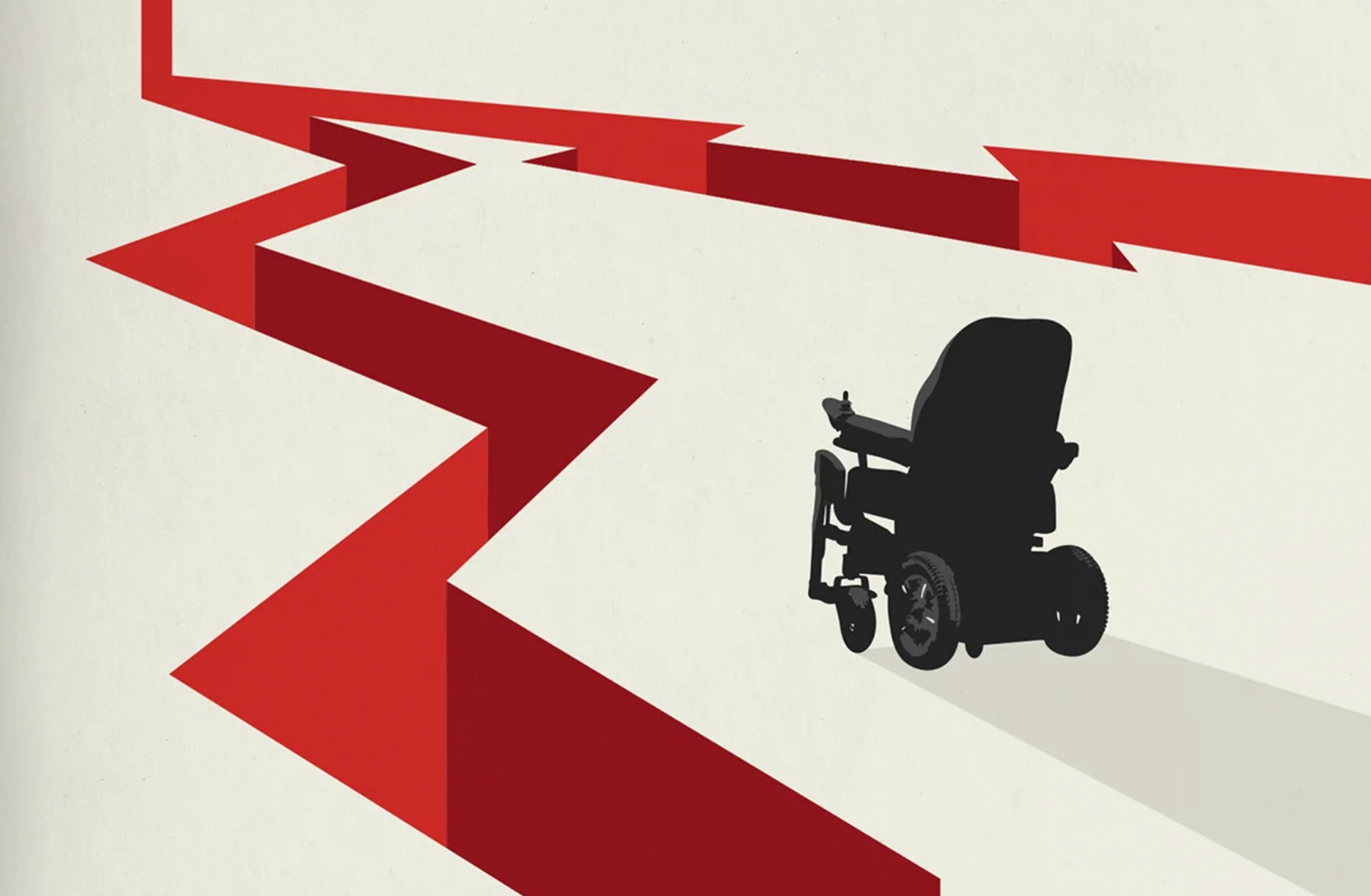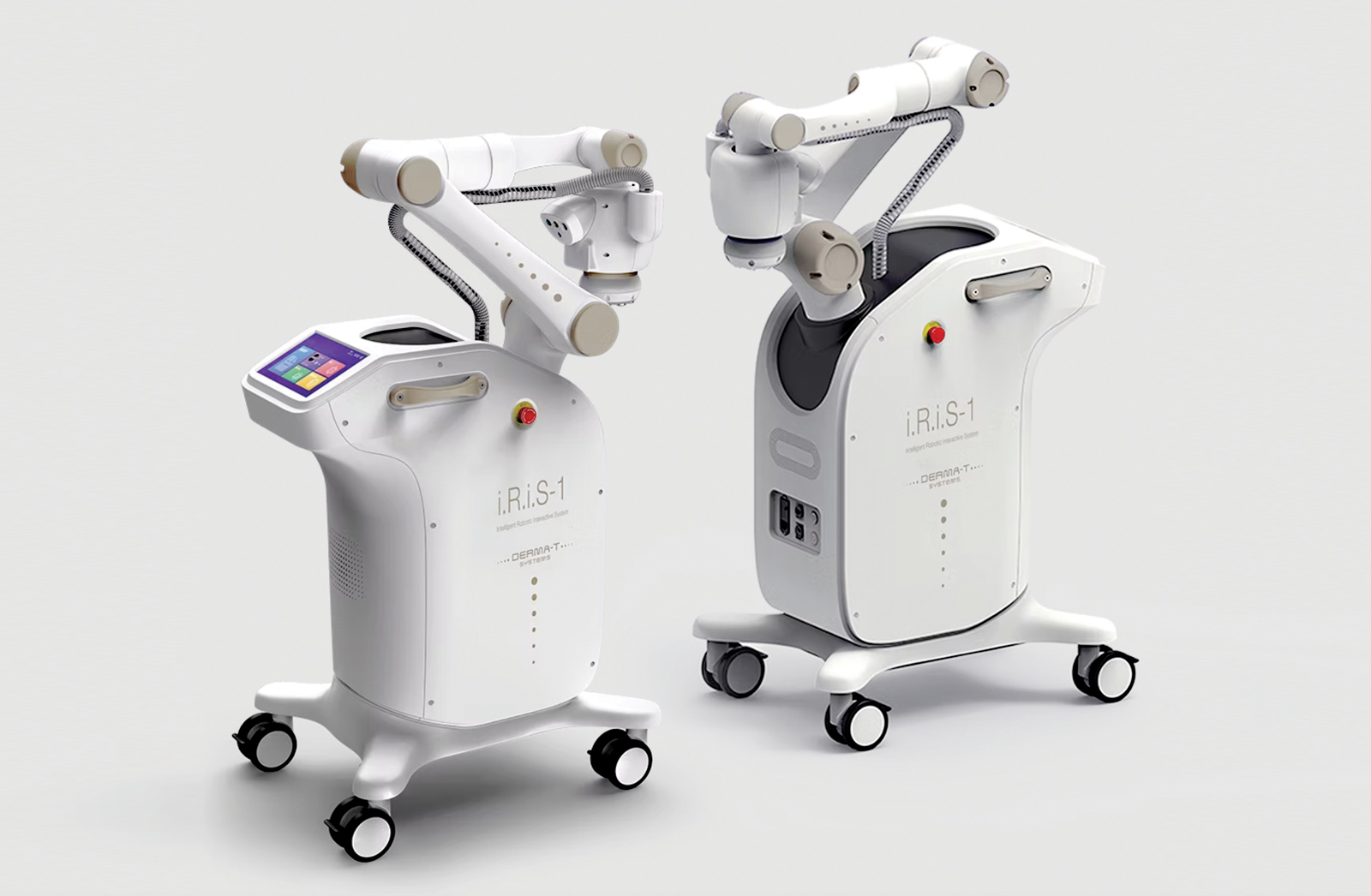Effects of medical gaslighting
It’s not uncommon for older adults or people living with disabilities to experience what’s called ‘medical gaslighting’ the often, unintentional dismissal of concerns or symptoms by health professionals based on biases, belief that its psychological, or a lack of complete or holistic information.
When this gaslighting occurs, it can lead to a variety of negative consequences such as unreasonable delays in a person receiving an accurate diagnosis and proper treatment. At times, the patient can end up enduring incorrect or ineffective treatments and can develop genuine fear or mistrust in the doctors and/ or the healthcare system. When this happens, it can lead to lack of confidence to call in an emergency or ignoring serious healthcare needs in the future.
Sometimes, in these situations, patients are wrongly labelled as hypochondriacs or have “difficult patient” noted in their chart. This continues the negative cycle.
Research shows that more women experience medical gas-lighting than men with 50% of woman receiving misdiagnosis after a heart attack. The same showed true with 31% getting wrong information after a stroke. Woman wait longer and are slower to be diagnosed with ADHD or ADD as well.
Source: Prevention
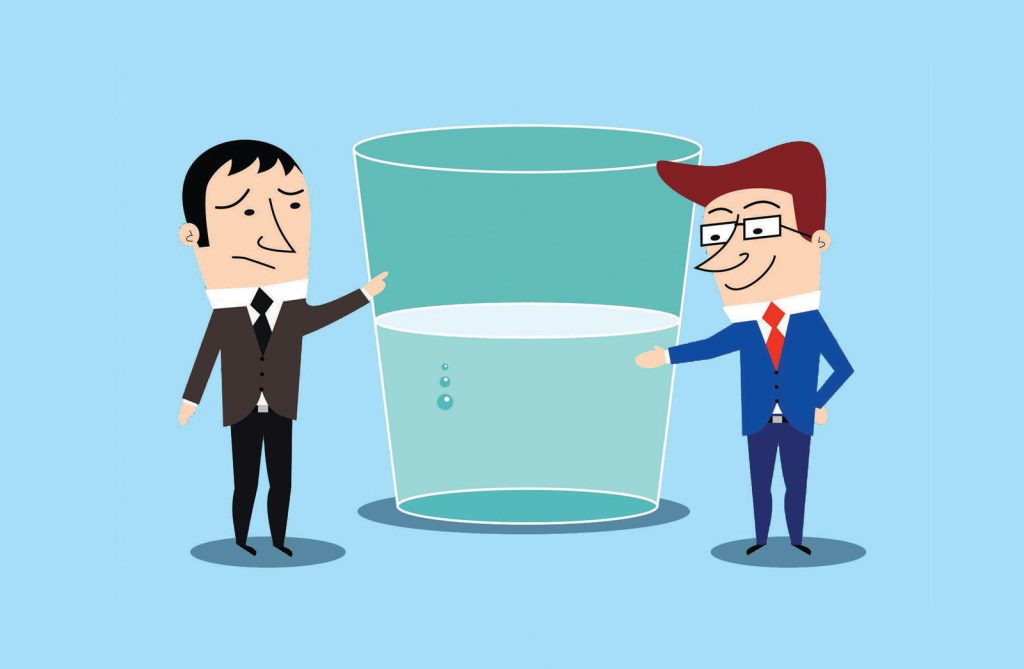
Thousands of fake scientific papers
Over the past decade it has become increasingly difficult to distinguish legitimate research from that which is bogus. Those who screen scientific literature for telltale signs for fraud suggest that there may be several hundred thousand fake papers circulating which they claim are both undermining good science and slowing down potentially lifesaving results.
To date about 55,000 scholarly papers have been retracted to date for a variety of reasons by scientists who take the time to wade through “dense equations, evidence, images and methodologies, only to find they work is made up. Data shows that areas worst impacted are related to cancer.
Now, the “Problematic Paper Screener “has been developed by French professor, Guillaume Cabanac. It has the ability to filter 130 million new and old scholarly papers every week looking for 1. Nine simple word clues referred to as “tortured phrases” 2. The work of paper mills and 3. Corrupt peer review rings. According to experts, as many as 2 percent of the several million published works in 2022 were considered “milled’ and 6% of cancer 12,000 cancer papers screed had errors that could signal cancer mill involvement and 97 percent of problematic genetics research articles identified were not corrected.
Source: arstechnica.com
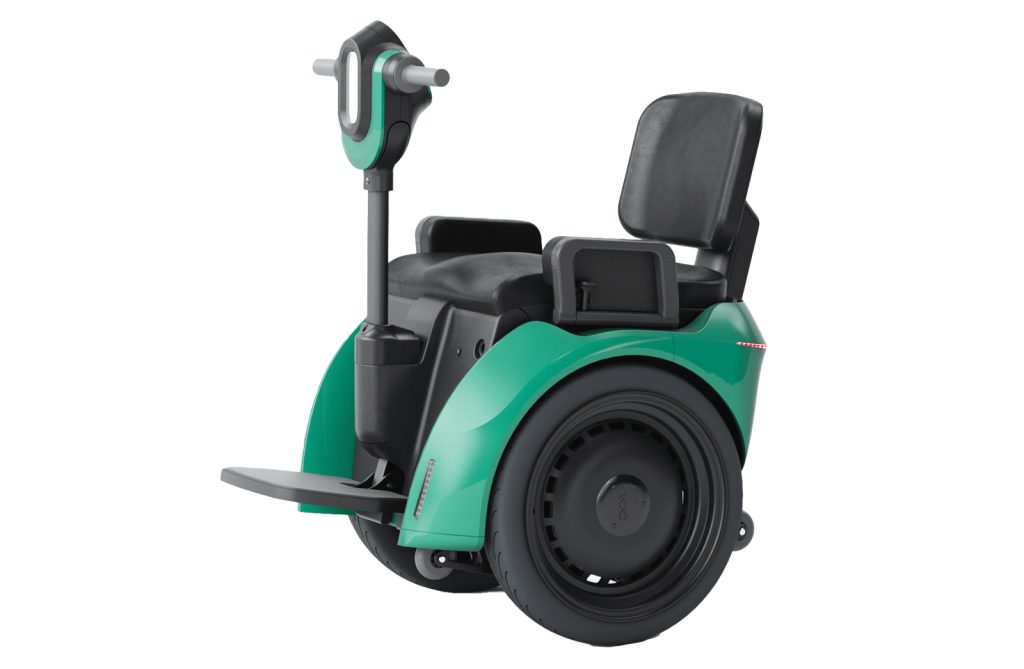
Teen’s powerchair climbs steps and stairs
Fourteen-year-old, David Dee from Manchester lives with Type 2 SMA which affects his muscle movements. He’s used a power chair since he was just one year old.
With environmental obstacles increasingly limiting Davids’ independence, his father decided to look for a more robust solution. That’s when the duo found Amsterdam-based, 2Kerr Mobility, the European importer of the latest power wheelchair called IBOT.
With four-wheel drive for individual steps, slopes, gravel, sand, snow and rough or uneven ground and smooth stair and curb climbing capabilities, the IBOT increases the user’s maximum obstacle height to 5 Inches. Features include a maximum user capacity of 136 kg, left or right joystick, a tilt-in-space function and top speed of 6.8 mph.
It also offers a range of seating options, invisible built-in thoracic supports, electronic sensors, and the latest software and battery technology life making David’s life whole lot more interesting.
Not only can the IBOT help overcome barriers to his independence but he’s able to enjoy more conversations, social events and day-to-day activities like shopping, working and attending social events indoors and out. See case study at https://attoday.co.uk.
Source: AT Today – Assistive Technology
Images: 2kerr Mobility. CanStock.


